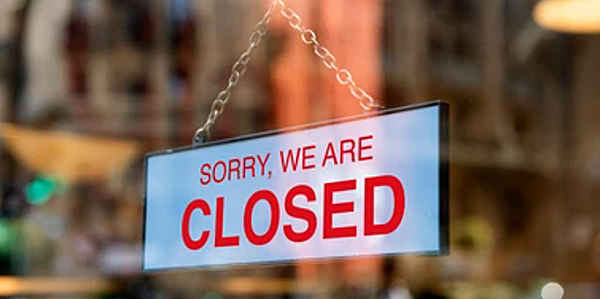Why do malls close so early?
Malls, once bustling centers of commerce and social interaction, have been a staple of American culture for decades. However, one perplexing aspect of malls is their tendency to close relatively early compared to other retail establishments. This phenomenon begs the question: Why do malls close so early?
In this article, we delve into the multifaceted reasons behind the early closure of malls, exploring both economic and societal factors that contribute to this timing dilemma.
Changing Consumer Behavior

- Shift Towards Online Shopping: The advent of e-commerce has revolutionized the retail landscape, with consumers increasingly opting for the convenience of online shopping over traditional brick-and-mortar stores.
- Decline in Foot Traffic: As more consumers turn to online platforms for their shopping needs, foot traffic in malls has dwindled, leading to reduced profitability during late hours.
Operational Costs
- Labor Expenses: Operating a mall entails significant labor costs, including wages for security personnel, cleaning staff, and retail employees. Closing earlier helps mitigate these expenses.
- Energy Costs: Maintaining the lighting, heating, and cooling systems of a mall during extended hours can result in substantial energy expenses, prompting mall management to opt for early closures to conserve resources.
Safety and Security Concerns
- Crime Prevention: Malls are often targets for criminal activity, particularly during late hours when fewer people are present. Closing early enhances security measures and reduces the risk of incidents.
- Liability Issues: By closing earlier, mall management can minimize the potential for accidents or incidents occurring on the premises, thereby mitigating legal liabilities.
Retailer Preferences
- Retailer Profitability: Many mall tenants, particularly smaller retailers, may find it economically unviable to operate late into the night due to diminishing sales and higher operating costs.
- Work-Life Balance: Retail employees also value work-life balance, and early closures allow them to adhere to regular working hours, promoting employee satisfaction and retention.
Cultural and Social Factors
- Shifting Leisure Activities: With the rise of alternative entertainment options streaming services, dining out, and recreational activities, the allure of spending leisure time at malls has diminished.
- Changing Demographics: The preferences of younger generations, particularly Millennials and Gen Z, skew towards experiences over material possessions, leading to a decreased interest in mall culture.
The early closure of malls is a complex phenomenon shaped by a myriad of economic, operational, safety, and societal factors. While the convenience of online shopping, operational costs, and safety concerns drive mall management to close earlier, shifting consumer behaviors and cultural dynamics also play a significant role.
As malls continue to adapt to evolving consumer preferences and market dynamics, understanding the reasons behind their early closure is crucial for stakeholders to navigate the challenges and opportunities in the retail landscape.












